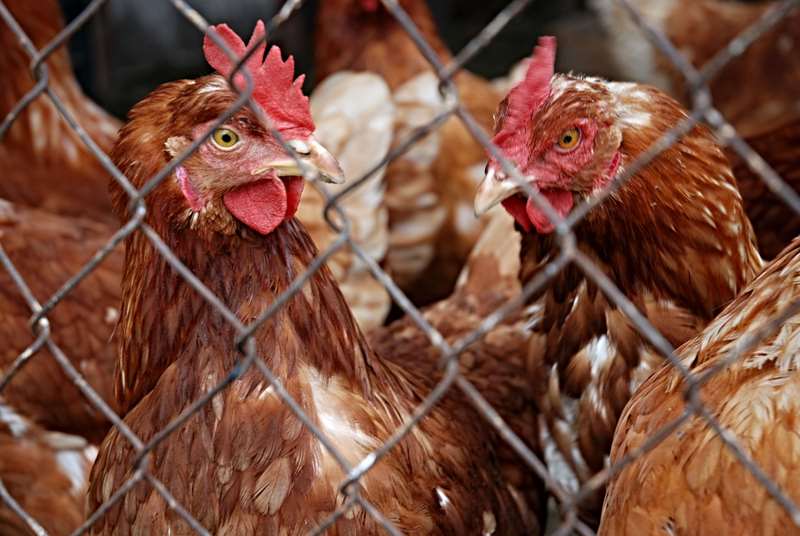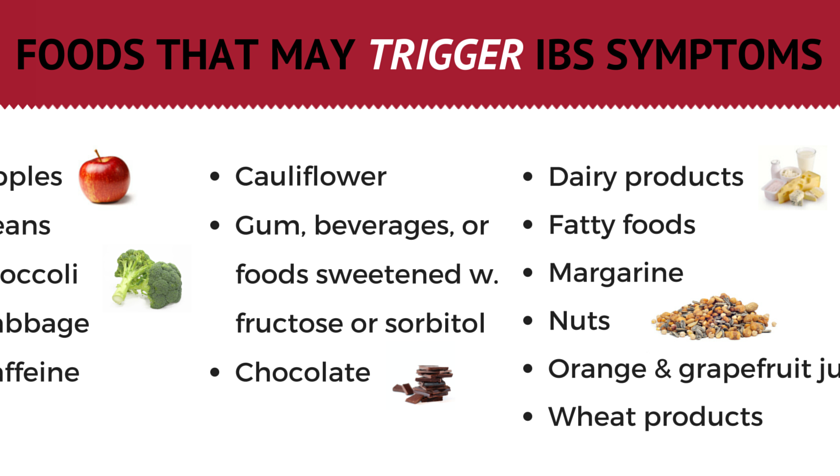Six of the 266 bird samples tested from Kashmir have been found positive for avian influenza, none among them from poultry. The authorities maintained that Kashmir’s poultry sector is still untouched by the virus.
Samples from dead crows taken from two locations in Srinagar were found positive for avian influenza in January, Deputy Director Poultry Kashmir Division, Dr Mushtaq Ahmed Shah said. He said samples taken from wild birds in Anantnag, Kulgam and Baramulla districts have also been found positive in the past weeks, the total locations six now.
“We have increased surveillance around these spots and have taken samples from backyard domestic birds as well as farms,” he said, adding that none of these samples was found to contain the avian influenza virus.
Dr Shah said samples – bird dropping and swabs were being tested at Vaccine Production and Research Center Zakura but department had tied up with (National Institute of High Security Animal Diseases) NISHAD Bhopal to give conclusive report on the viral infection among the samples. “We are awaiting results of 76 targeted samples from NISHAD,” he said.
He said Jammu and Udhampur had already reported avian influenza in poultry and the Animal Husbandry was ready to carry out culling at some locations. “The Government is keeping a close watch on avian influenza and daily updates are being received from every block,” he said.
With the threat of avian influenza rising, health experts have sounded caution. Dr Parvaiz A Koul, influenza expert and head department of internal and respiratory medicine at SKIMS Soura said that Highly Pathogenic Avian Influenza (HPAI) was deadly in birds but have also caused significant disease and even death in humans. “The infections in humans have occurred after prolonged and close contact with infected birds, although human to human transmission has also been reported,” he said.
The saliva, bird droppings, touching, dust from farms and other forms of “unprotected contact” with infected birds are risk factors and needed to be avoided, Dr Koul said. “The seasonal influenza vaccine would not cover avian influenza,” he said.
The symptoms of the infection in humans, he said, were similar to other influenzas – sore throat, fever, cough, and pneumonia in severe cases.
Some strains of avian influenza have caused significant outbreaks around the globe, the recent most in 2009 in India.






